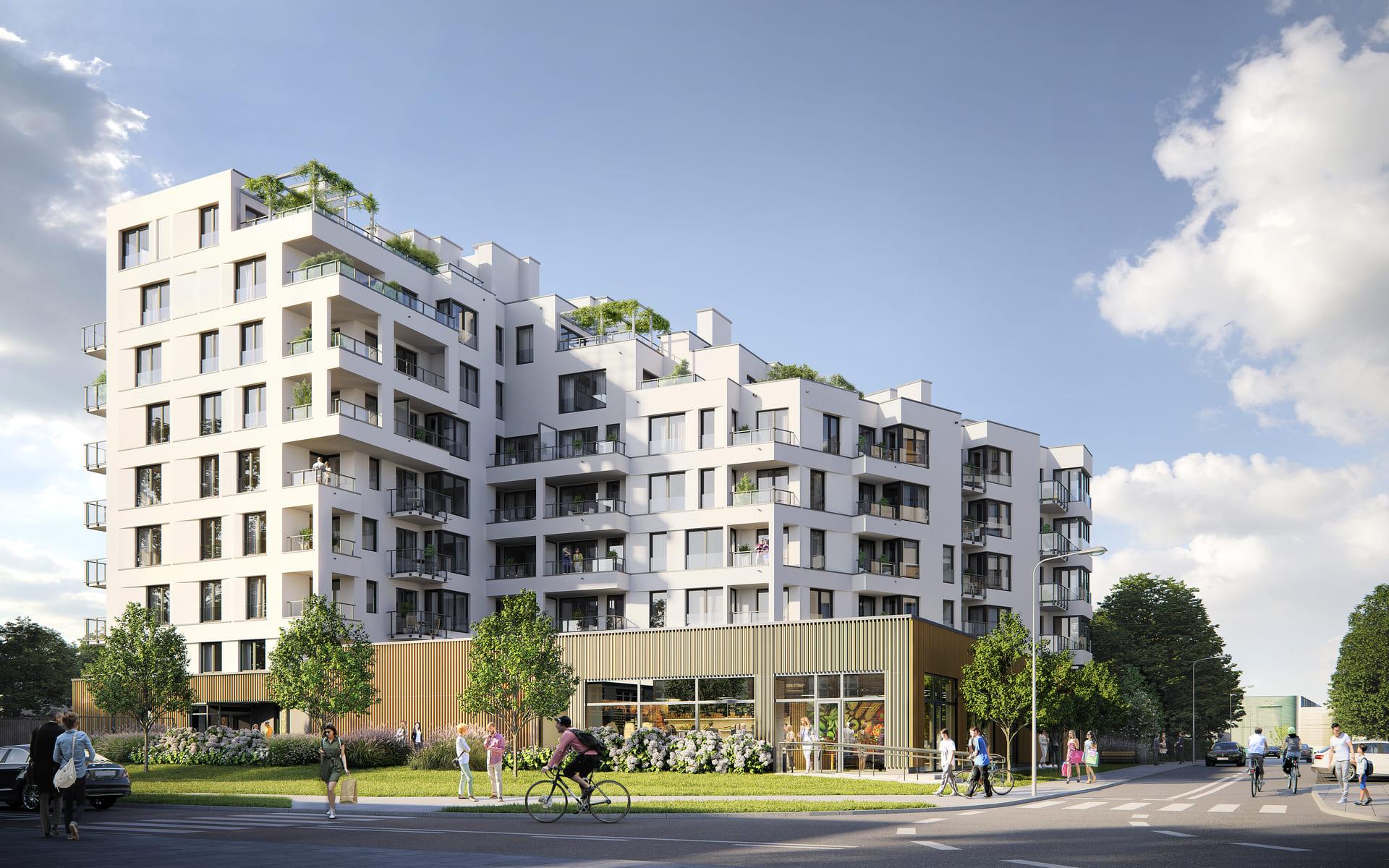Poland: Did H1 of this year's housing prices increase and what is expect for H2
How much did the first half of this year's housing prices increase? By how much more expensive could they still be by the end of the year? What mainly influences the increases?
Andrzej Gutowski, Vice-President, Sales Director of Ronson Development
In the case of Ronson Development, increases in flat prices are not related to the functioning of specific customer support programmes, but result from the company's long-term policy and a number of external factors, such as an increase in the prices of construction materials or an increase in labour costs. Our statistics show that flat prices in the first half of this year, depending on the project, increased by 7-9 per cent, and we expect that by the end of the year they may increase by an additional 3-5 per cent.
Cezary Grabowski, sales and marketing director of Bouygues Immobilier Polska
In the first half of the year, the prices of our flats increased between 2 per cent and 7 per cent, depending on the project. We do not rule out further increases in the second half of this year, so those thinking of buying a flat in the coming months should hurry up. The price increase is dictated primarily by the decreasing offer of flats on the primary market.
This is primarily due to the fact that due to the pandemic and then the war in Ukraine, some companies have held back on launching new projects on the market. In addition, the process of obtaining a building permit has lengthened and is now a minimum of 12 months and often 24 months. This is compounded by high inflation and the cost of financing investments. Rising material prices and the costs of general contractors translate into higher prices for new flats.
Zuzanna Należyta, Commercial Director at Eco Classic
We estimate the amount of further increases at several per cent per year. We do not see any factors on the horizon that could affect the decrease in demand and increase in the supply of new flats. Year-on-year prices in our investments have increased on average by 11 per cent.
Angelika Kliś, board member of Atal S.A.
Due to the bad economic situation, developers previously had no room for price increases, which would have resulted, among other things, from the calculation of current costs. Now there is a much better market environment for this, although the still high cost of money means that a large proportion of developers
cannot afford to start construction. Demand has increased strongly and the supply of flats is not keeping pace with this. This is mainly due to the aforementioned halt in construction by many, especially small and medium-sized developers, or generally those who are heavily dependent on external financing. We estimate that flat prices may increase by several per cent by the end of the year.
Mariola Żak, sales and marketing director at Aurec Home
Prices of flats on the primary market in the last 3 years, i.e. during the pandemic and the war in Ukraine, have increased by 33 per cent in the 7 largest cities, i.e. Warsaw, Gdańsk, Gdynia, Kraków, Łódź, Poznań and Wrocław, and by 50 per cent in the remaining 10 voivodeship cities. Undoubtedly, the most expensive is in the capital city of Poland. The average price of 1 sq.m. of a flat in Warsaw is PLN 13,220. The prices of two-room flats and small threesomes have increased the most. Despite this, the offer of residential units is shrinking from month to month. Finding a ready-made two- or small three-room apartment at a reasonable price is quite a challenge. According to the latest forecasts published by analysts at PKO BP, housing prices in Poland will rise by up to 10 per cent more by the end of this year.
Joanna Chojecka, sales and marketing director for Warsaw and Wrocław at Robyg Group
Due to limited access to land, as well as due to the low number of building permits issued, the process of completing new projects has slowed down considerably, and this also affects prices. Therefore, we expect housing prices to rise further.
Piotr Ludwiński, Sales and Customer Service Director at Archicom
Analysing and comparing final property prices is significantly difficult due to the variety of factors that shape them. With certainty, we can confirm that all units sold in new developments, when compared with previously marketed flats of a similar standard, location and size, are objectively more expensive. The main reason for this state of affairs is the macroeconomic conditions - among others, the high level of inflation. Developers are struggling to cope with rising prices of building materials and land, as well as wage pressures, which affect rising labour costs. All of the aforementioned factors are involved in the calculation of housing prices and mean that we are currently seeing them rise.
Damian Tomasik, founder of Alter Investment
Increases in the prices of land in our offer in the first half of the year is about 7.5 percent, and we expect this increase to double by the end of the year. Prolonging administrative procedures cause increased costs of project preparation and, as a result, the prices of projects in our offer increase.
Source: dompress.pl
Photo: Osiedle Vola - Ronson








